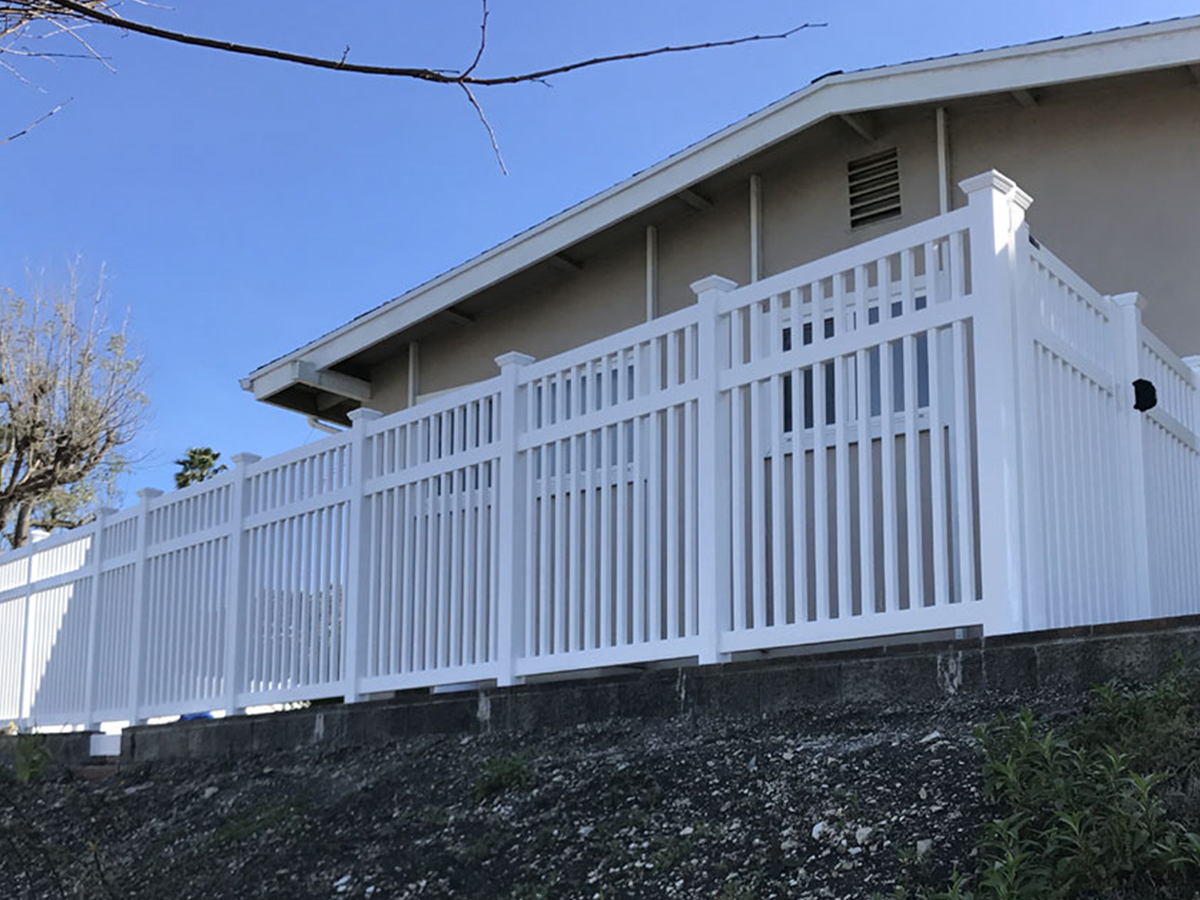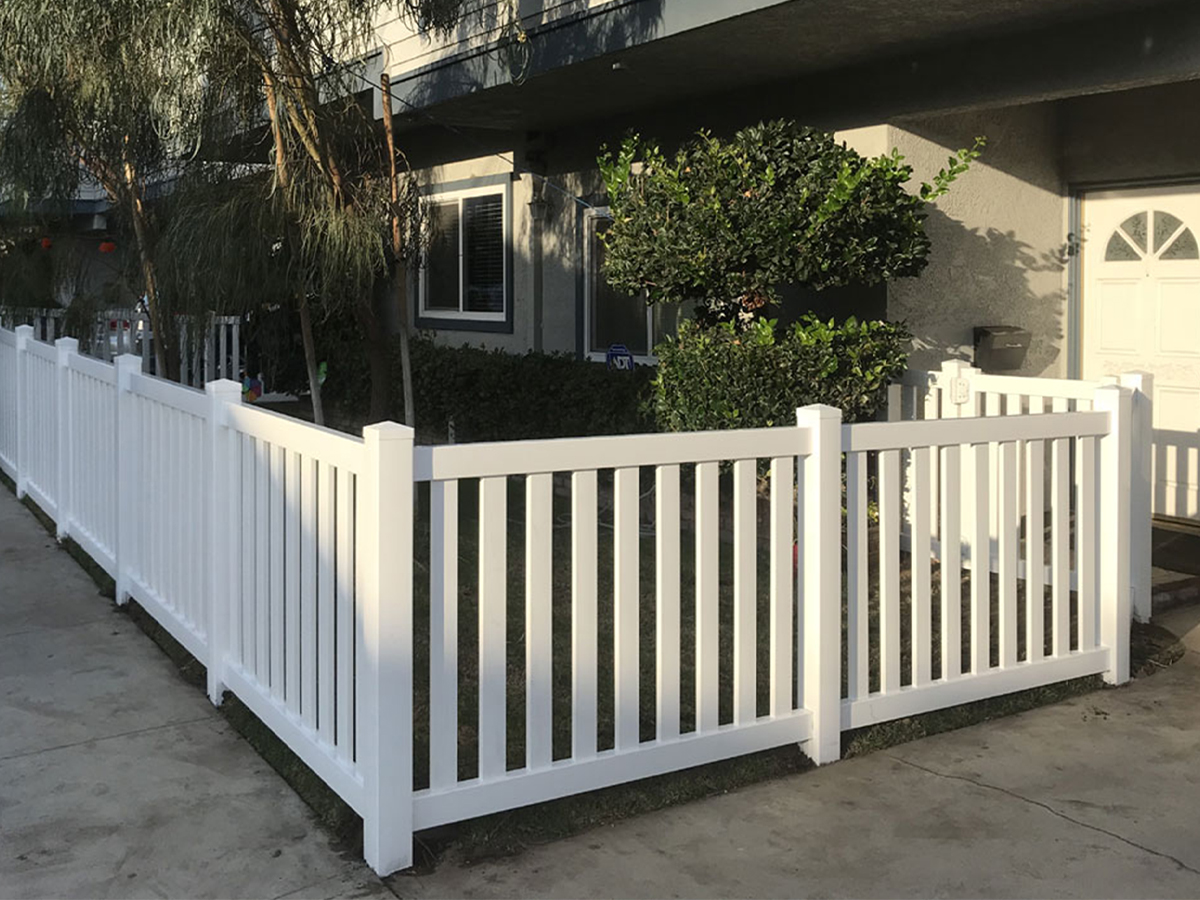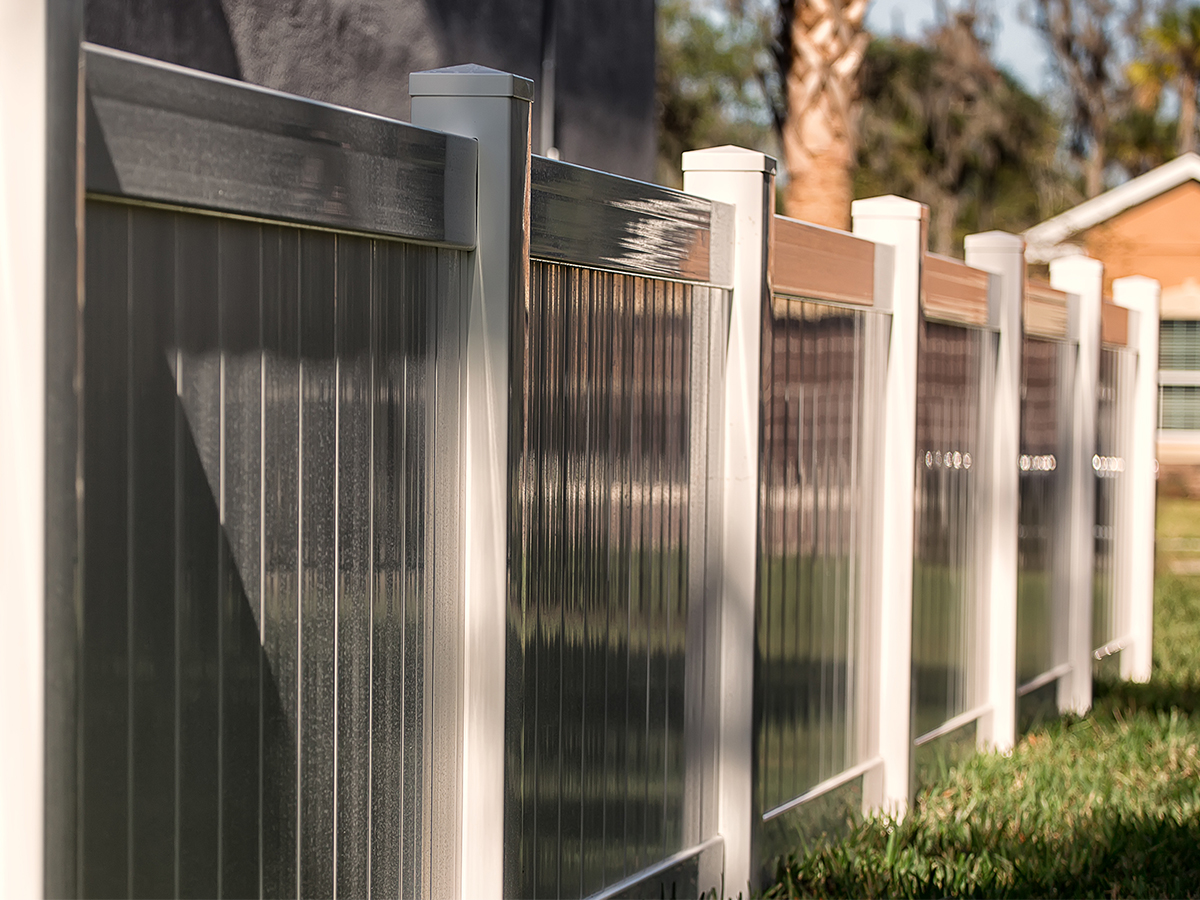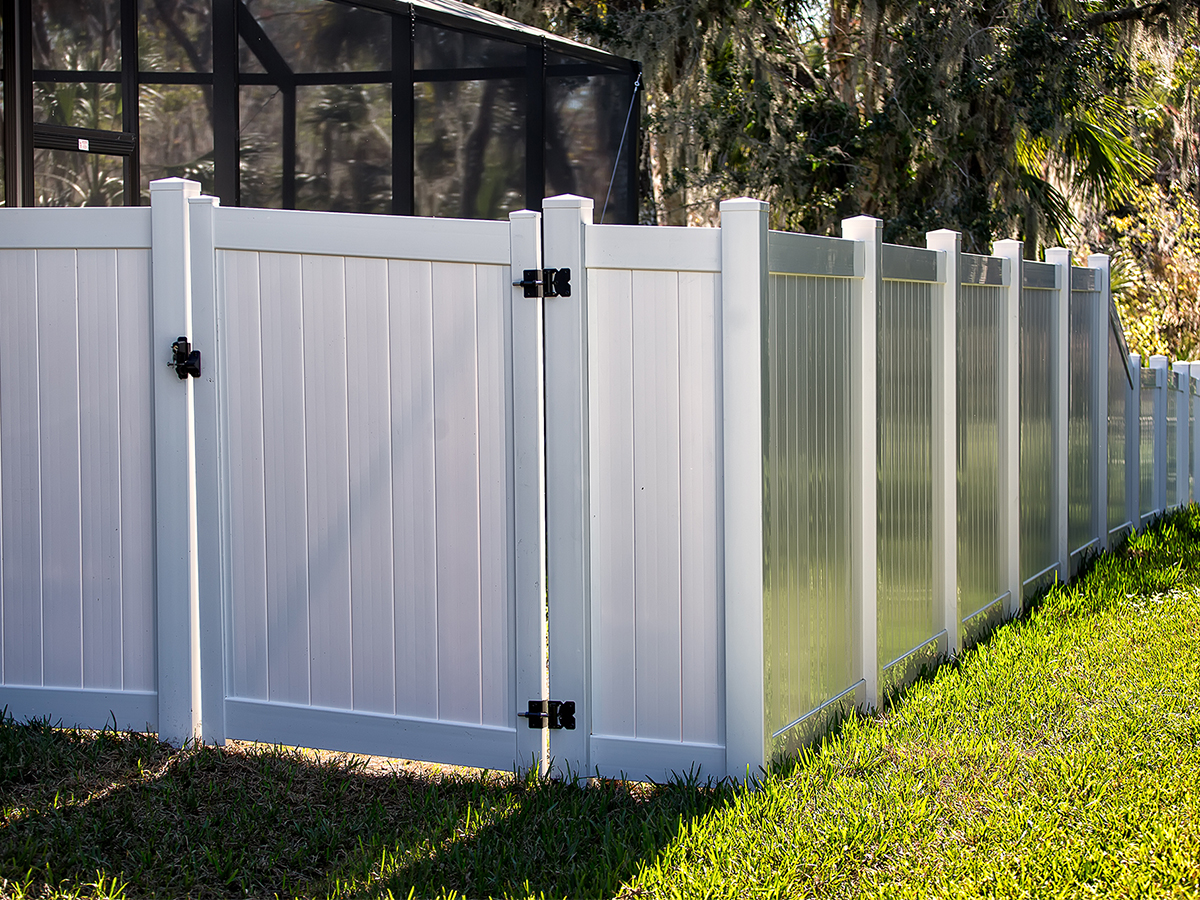When you picture premium residential fencing in your mind, what do you see? Perhaps a wooden picket fence or something traditional like that? There’s a decent chance that you didn’t automatically picture vinyl fencing, and that may have to do with some of the common misconceptions about vinyl as a material. At AG Vinyl Fencing, our hope is to make our customers aware of the high-quality fencing options that vinyl provides. In order to do that, it helps to get to know vinyl a little better! Here are just four things about vinyl fencing that you probably didn’t know.

Vinyl Has Been Around Since the 19th Century
Although vinyl only started being used as fencing material in the last few decades, vinyl as a material has been around for longer than you probably thought. In fact, it’s about 150 years old! A German chemist named Eugene Baumann invented vinyl in 1872, and he did it unintentionally. Baumann left a tube of compounds exposed to sunlight, which produced a new white substance that would come to be known as vinyl. In the early 20th century, vinyl was refined into the more flexible material we’re familiar with today. If it weren’t for an absent-minded scientist, we might not have vinyl at all today!
Vinyl Is Practically Maintenance-Free
Unlike most other fencing materials, vinyl is practically impervious to normal wear and tear. Wood fencing is prone to fading, chipping, and peeling as it ages and is exposed to the elements, especially when exposed to moisture and prolonged sunlight. Vinyl perseveres through all of these variables, and is easily cleaned with a pressure washer if it becomes dirty. No more repainting faded fences or unsightly cracks!


Vinyl is Resistant to Fire
As if being practically impervious to moisture and fading caused by sunlight weren’t enough, vinyl has another trick up its sleeve. While wood fences are vulnerable to fire, vinyl does not easily ignite, even intentionally. With a burning point of around 900°F, you don’t have to worry about accidentally setting your fence afire while grilling too close or enjoying a fire pit in your backyard. While vinyl is not fireproof, its natural resistance to fire damage is a benefit to you and your home’s safety.
Vinyl is Surprisingly Strong
One of the most common misconceptions about vinyl fencing is that it simply can’t be as strong as more traditional wood fences. This is an understandable misconception, but it’s not entirely accurate. Vinyl has a tensile strength that is about five times greater than that of wood, but unlike wood, it’s also flexible. This means that vinyl can resist damage better than wood, and instead of breaking under pressure, it’s more likely to flex or bend. Vinyl fencing works great for pet owners as well, since its innate toughness is difficult for pets to damage and potentially escape.

We hope that this brief exploration into the fascinating history and characteristics of vinyl has made you more familiar with the material and excited about the opportunities that vinyl fencing has to offer your home or business! To learn more about vinyl fencing, contact us today in Anaheim!
